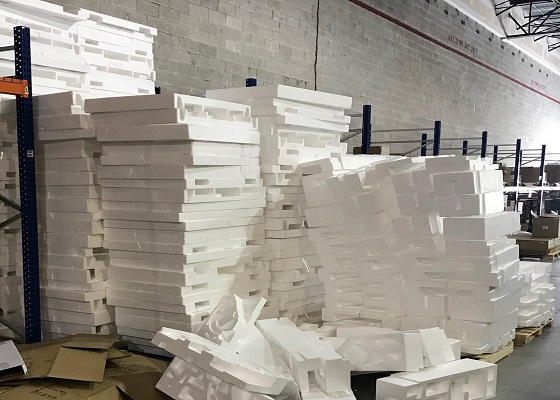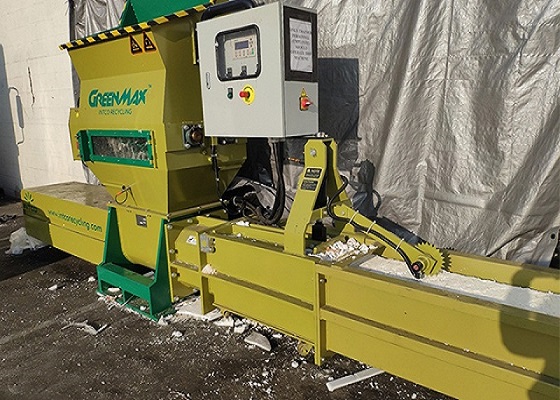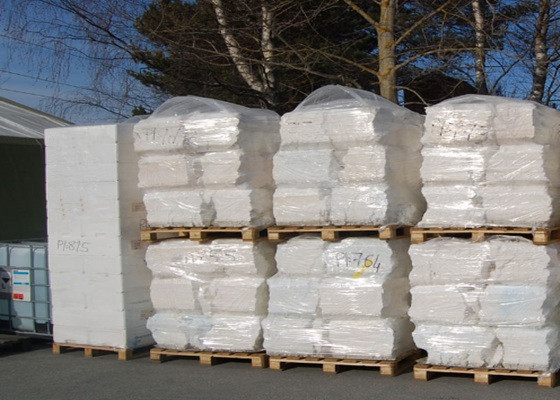Recycled EPS Foam Has a High Value in the Market
The USA insulation material producer Eppsilyte has partnered with Italian equipment supplier Fimic SRL in an effort to expand its expanded polystyrene (EPS) recycling operations. Earlier this year, Eppsilyte received the EPS Recycling Excellence Award at the EPS Expo in Orlando, Florida, which recognizes outstanding achievements in foam recycling as well as innovation and technology.

EPS has a wide range of applications and has penetrated into all aspects of people's lives. EPS has many excellent properties, such as heat insulation, waterproofing and shock absorption, but it is also difficult to degrade naturally. In fact, one of the most suitable plastics for advanced recycling is EPS. In the process of EPS recycling, the most difficult step is the large-scale collection of foam. Foam is lightweight, bulky and composed of 90% air, making it difficult and expensive to transport. A 53-foot-long Styrofoam truck only weighs 2,000 or 3,000 pounds.
But now, the use of professional GREENMAX foam recycling compactors can perfectly solve the most difficult problem in EPS recycling. EPS waste can be compacted by a GREENMAX foam compactor at a 50:1 ratio. Before compaction, 50 trucks were needed to transport EPS, but now only one truck is needed, which can carry approximately 20 tons. And the recycled EPS blocks not only save the company a lot of storage space and transportation costs, but also bring additional income to the company, turning waste into treasure. Compressed EPS blocks bring in around €900 per ton in Europe, saving on daily truck runs, including labor and truck rental, in addition to the original EPS waste disposal charges.

So why can recycled EPS have such a high value in the market? Because EPS blocks can be used to reproduce various environmentally friendly products, it has been given a second life. There is currently a huge market for recycled EPS, and the price of recycled foam is higher than that of cardboard and other popular recycled goods. INTCO Recycling not only developed the GREENMAX EPS recycling machine, but also formed a circular economy model of foam reduce, recycle and reuse. EPS waste will turn into foam pellets after recycling, crushing, compression, granulation and other processes, which can be used to make various environmentally friendly frames, such as mirror frames, interior house molding, etc. This allows waste foam to be recycled instead of going directly to landfills, which is an important solution to slow down the pollution of foam to the environment.

For companies like Eppsilyte, promoting the development of EPS recycling business not only saves resources and creates income, but also demonstrates the style and image of practicing environmental protection concepts and being committed to foam recycling. INTCO Recycling has been promoting the global foam recycling business and hopes that more partners will participate in us.
